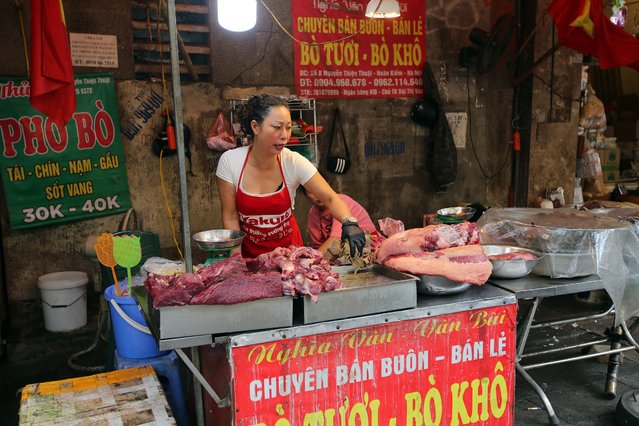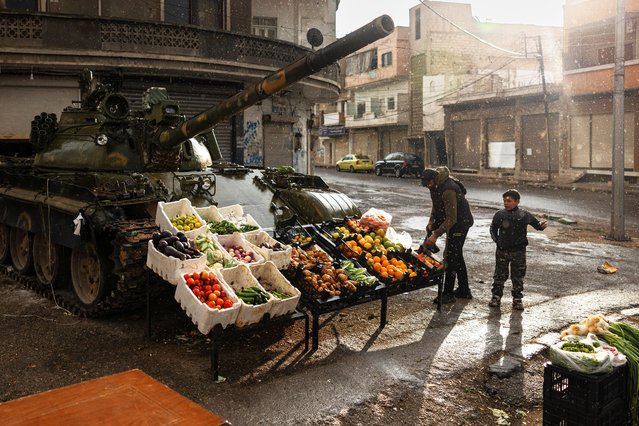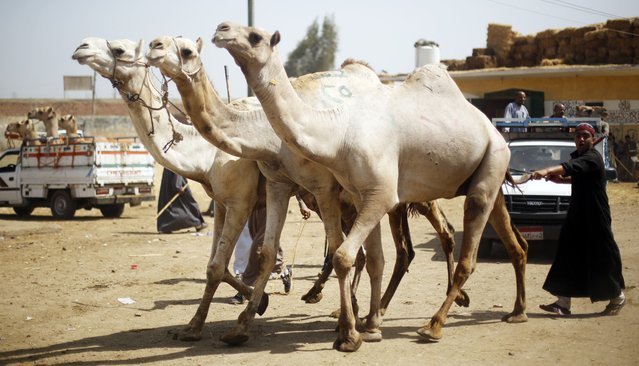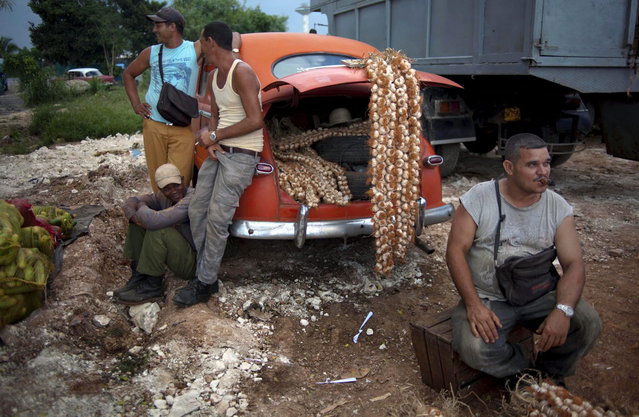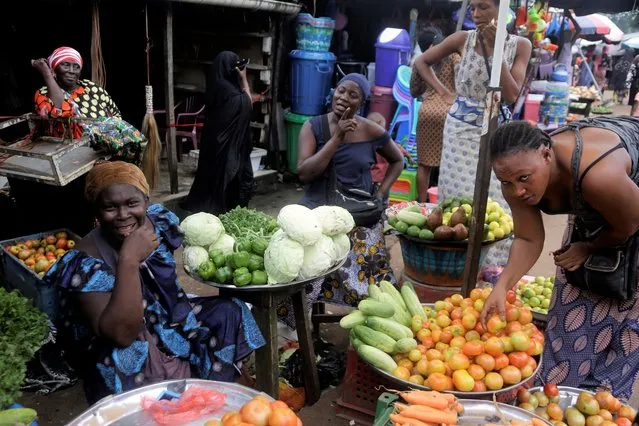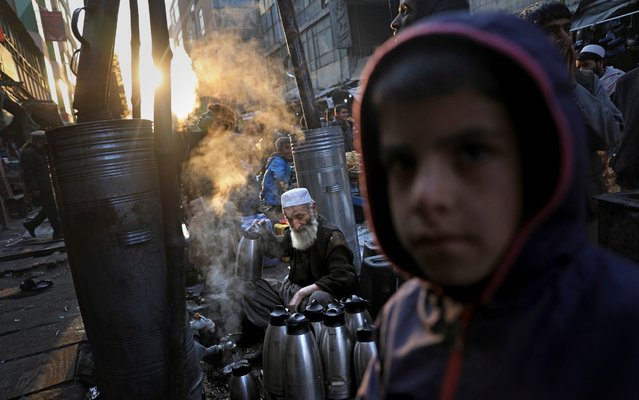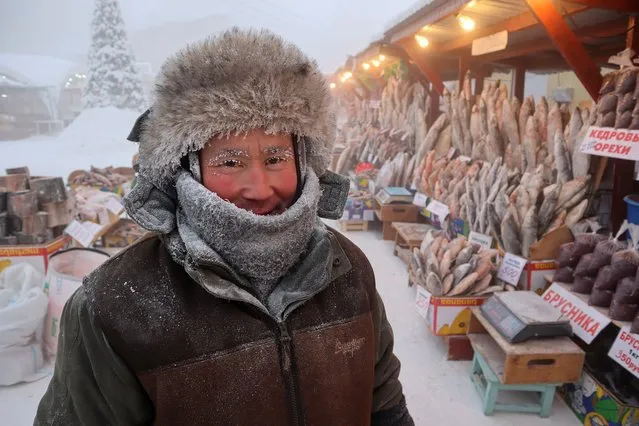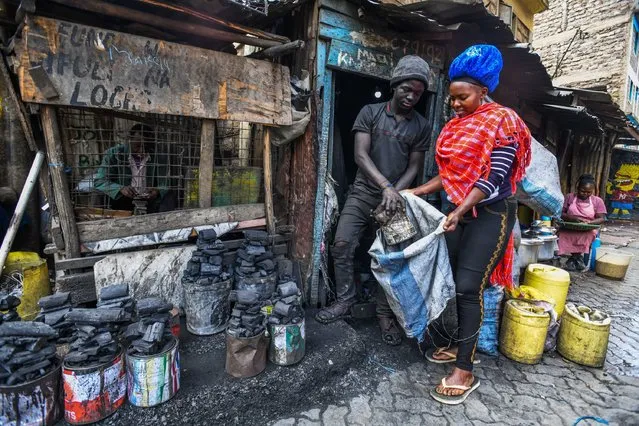
Residents of Mathare slum fill bags with coal in hard conditions in the capital of Kenya, Nairobi on November 06, 2023. The coal that workers produce with primitive methods by working overtime in unlicensed workshops is used for heating, cooking and other daily needs. (Photo by Gerald Anderson/Anadolu via Getty Images)
24 Dec 2023 23:16:00,post received
0 comments

